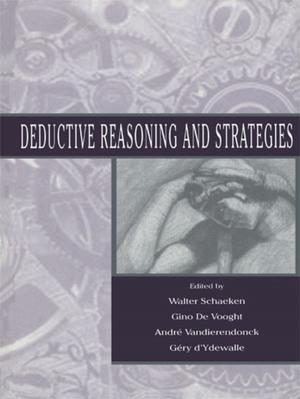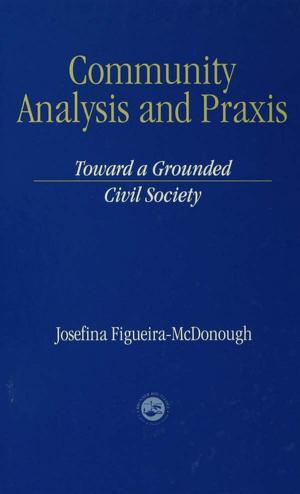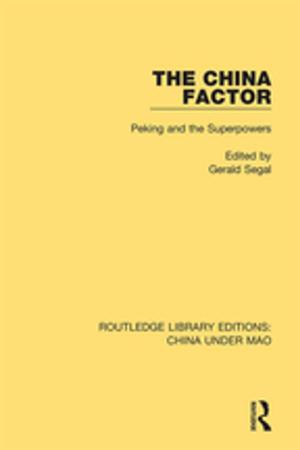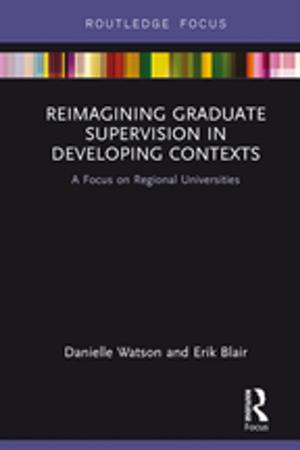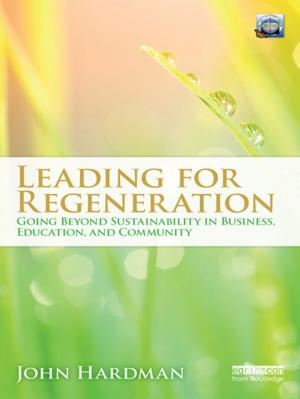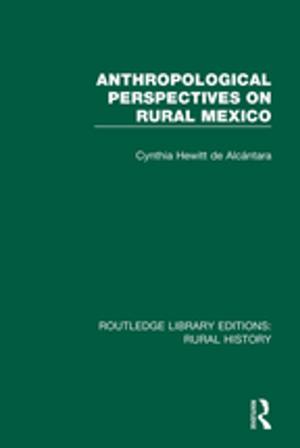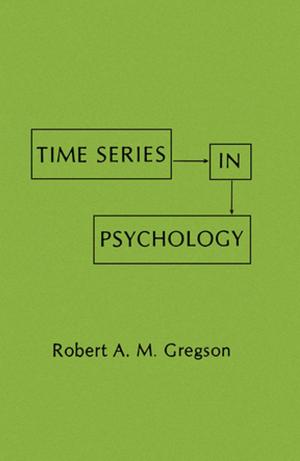Countryside Planning
The First Half Century
Nonfiction, Art & Architecture, Architecture, Planning, Science & Nature, Science, Earth Sciences, Geography, Social & Cultural Studies, Social Science, Human Geography| Author: | Andrew Gilg | ISBN: | 9781134937196 |
| Publisher: | Taylor and Francis | Publication: | November 1, 2002 |
| Imprint: | Routledge | Language: | English |
| Author: | Andrew Gilg |
| ISBN: | 9781134937196 |
| Publisher: | Taylor and Francis |
| Publication: | November 1, 2002 |
| Imprint: | Routledge |
| Language: | English |
Should rural Britain be preserved from urban development, or should people be allowed to live and shop where they want? In the face of continued urban expansion the countryside has become a major issue, its future development uncertain. Countryside Planning addresses these concerns and provides an in-depth study of the rural debate. Beginning with the key concepts and issues, the author sets out the context in which planning operates and how society has constructed its own images of the countryside. Using three theoretical perspectives the book decsribes the evolution of the current planning system and provides a basis for further discussion about the possible future for the countryside. In the wake of the recent Rural White Paper, the book includes the major issues that affect contemporary rural Britain including the current reforms of the CAP, the role of farmers as land managers, and the hypocrisy of sustainable and green tourism. Using boxed policy summaries throughout the text, as well as key question and answer sections in every chapter, the author treats policy and trends across the whole spectrum of countryside planning. Countryside Planning is an in-depth and authoritative analysis of rural policy and makes an important contribution to the countryside planning debate and the future of rural Britain.
Should rural Britain be preserved from urban development, or should people be allowed to live and shop where they want? In the face of continued urban expansion the countryside has become a major issue, its future development uncertain. Countryside Planning addresses these concerns and provides an in-depth study of the rural debate. Beginning with the key concepts and issues, the author sets out the context in which planning operates and how society has constructed its own images of the countryside. Using three theoretical perspectives the book decsribes the evolution of the current planning system and provides a basis for further discussion about the possible future for the countryside. In the wake of the recent Rural White Paper, the book includes the major issues that affect contemporary rural Britain including the current reforms of the CAP, the role of farmers as land managers, and the hypocrisy of sustainable and green tourism. Using boxed policy summaries throughout the text, as well as key question and answer sections in every chapter, the author treats policy and trends across the whole spectrum of countryside planning. Countryside Planning is an in-depth and authoritative analysis of rural policy and makes an important contribution to the countryside planning debate and the future of rural Britain.



